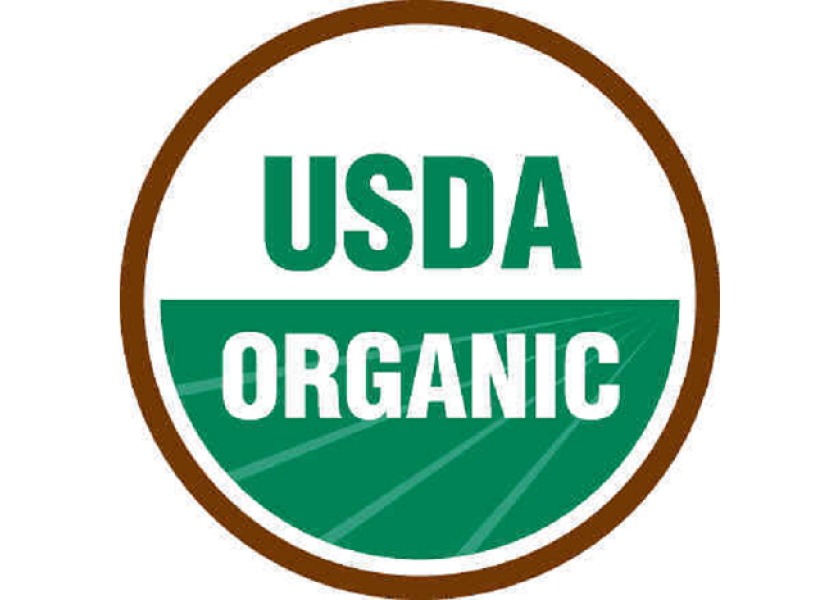USDA sued over hydroponic organic certification

The Center for Food Safety and growers of organic food are suing the U.S. Department of Agriculture, to stop the National Organic Program from allowing hydroponically grown produce from being certified organic.
The lawsuit claims that hydroponic operations violate organic standards by failing to build healthy soils.
“Healthy soil is the foundation of organic farming,” Andrew Kimbrell, executive director of the Center for Food Safety, said in a news release, “Organic farmers and consumers believe that the organic label means not just growing food in soil, but improving the fertility of that soil. USDA’s loophole for corporate hydroponics to be sold under the organic label guts the very essence of ‘organic.’”
Other plaintiffs include Swanton Berry Farm, Full Belly Farm, Durst Organic Growers, Terra Firma Farm, Jacobs Farm del Cabo, Long Wind Farm, and organizations OneCert and the Maine Organic Farmers and Gardeners Association.
The lawsuit alleges the federal Organic Foods Production Act requires farms to build soil fertility in order to be certified organic, and that hydroponics cannot comply with federal organic standards because hydroponic crops are not grown in soil.
Controversy on the question of whether soil is essential to grow organic produce has existed for years.
Last November, by a vote of 8 to 7, the USDA’s National Organic Standards Board rejected proposals to make hydroponic and aquaponic production methods prohibited under the National Organic Program.
“The federal organic law unequivocally requires organic production to promote soil fertility,” Sylvia Wu, senior attorney at the Center for Food Safety and counsel for plaintiffs, said in the release. “USDA’s decision to allow mega-hydroponic operations that do nothing with soil to be sold as ‘organic’ violates the law.”
According to a Coalition for Sustainable Organics news release, hydroponic containerized growers have been certified to grow organic produce by the USDA for more than 25 years.
“It is disappointing to see groups target pioneering organic farmers that use the most appropriate organic growing methods adapted to their site-specific conditions on their farms to meet the needs of consumers,” Lee Frankel, the executive director of the Coalition for Sustaintable Organics, said in the release.
“Instead of unifying the industry after the decision made by representatives of the organic community at the NOSB, the (Center for Food Safety) is seeking to eliminate public input to achieve their goals of restricting competition to drive up the price of organics for organic consumers to allow favored producers to increase their profit margin,” Frankel said in the release.
Frankel said that changing the rules now would limit the volume of organic produce available to the public.
“This is not an issue that should be settled in the courts or politicized,” Frankel said in the release. “If a grower meets USDA standards for organic certification, they should be able to market organic produce, whether they grow in soil or other sustainable, certified organic growing media.”
Related articles
Real Organic Project seeks add-on label to USDA organic seal







